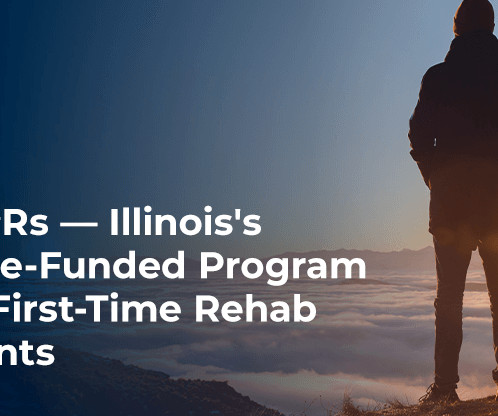Why Successful Integrated Care Management Matters
Relias
JUNE 28, 2023
According to the Substance Abuse and Mental Health Services Administration (SAMHSA), integrated care is defined as “the systematic coordination of general and behavioral healthcare.” To provide the best services possible, healthcare organizations of all kinds must understand how to implement integrated care management.












Let's personalize your content